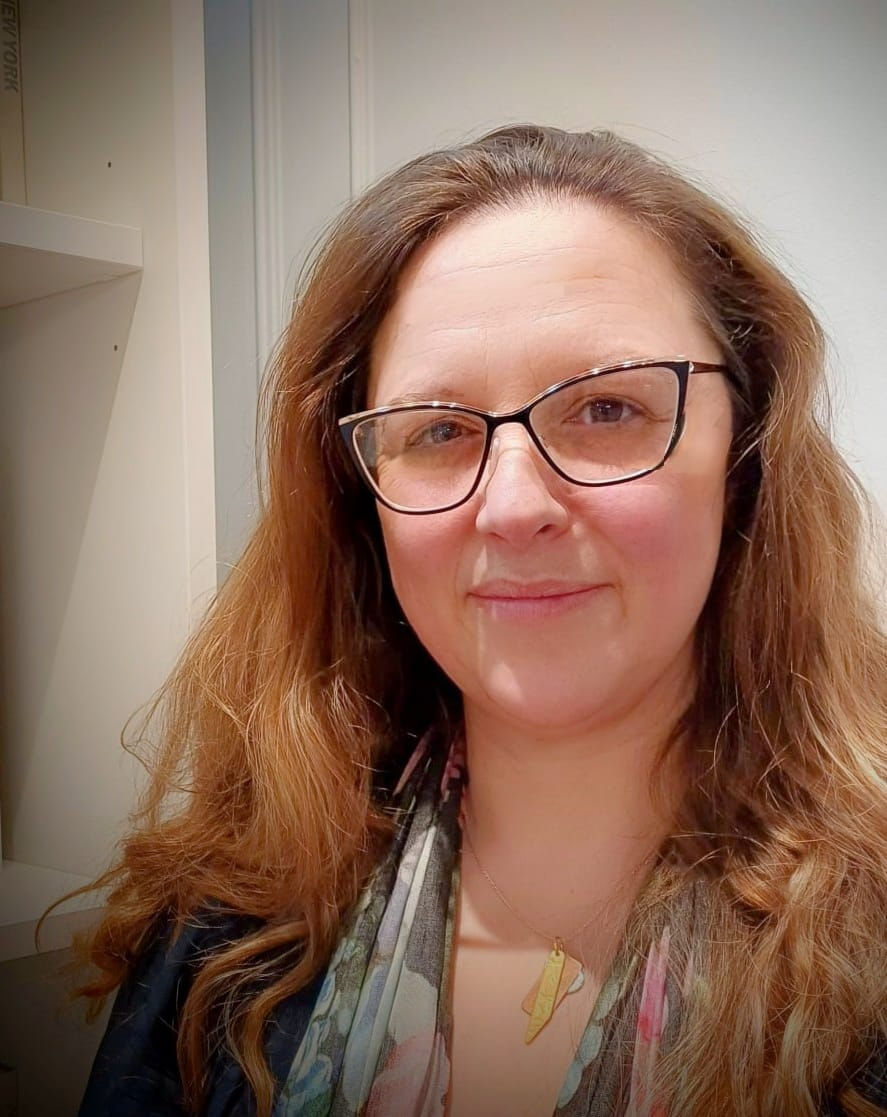- May 15, 2025
- 2 min read
Updated: May 22, 2025
New Electric Induction System Promises Energy Savings and Improved Quality
The industrial wafer baking sector is witnessing a significant technological advancement with the introduction of induction heating technology. Bühler Group recently unveiled OptiBake, an inductively heated wafer oven that represents a departure from traditional gas-fired systems.
According to industry experts, the new system addresses several key challenges facing commercial bakers today: energy efficiency, production flexibility and consistent quality. The technology reportedly reduces energy consumption by up to 50% compared to conventional gas-fired or electrical wafer ovens.
"We challenged ourselves to combine exceptional wafer quality with unprecedented flexibility, while enabling customers to contribute to sustainability," says Sandra Lutz, Head of Business Unit Wafer at Bühler Group.
How Induction Works in Baking
Unlike conventional heating methods, induction technology generates heat directly within the baking plates using electromagnetic fields. This approach eliminates open flames and combustion, resulting in a process with no direct emissions of carbon dioxide, carbon monoxide, or nitrogen oxides.
The system features innovative individual plate temperature control, ensuring consistent heat distribution throughout the baking process. This precision reportedly improves not only product quality but also production flexibility—allowing manufacturers to respond quickly to recipe changes or varying production demands.
Johannes Greil, Head of Product Management Wafer at Bühler, notes, "With rising CO2 taxes, volatile energy prices, and changing consumer demands, companies must act now to stay ahead."
Industry Application
Italian confectionery company Loacker is partnering with Bühler as an early adopter of this technology. The collaboration, which began in 2020, focuses on exploring zero-emission wafer production.
"This project has been on our minds for years and aligns perfectly with our sustainability strategy and our core values, which have been passed down through generations. As a family-owned company, we are committed to creating a positive social and environmental impact throughout the entire lifecycle of our products," says Andreas Loacker, Vice Chairman of the Board.
Markus Valersi, Project Manager Engineering at Loacker, adds,
"Looking ahead, we expect OptiBake to maintain the high quality of our wafers while significantly improving energy efficiency. Our goal is to take a major step towards zero-emissions production, supporting our decarbonization targets."

Additional Benefits
Beyond energy savings, the induction system offers several operational advantages:
Lower baking chamber temperatures reduce thermal stress on components
Quieter production environment without burner nozzle flow noise
Simplified heat recuperation due to absence of combustion products
100% raw material utilisation, as baking scraps do not burn and can be repurposed
Enhanced safety with no open flames in the baking chamber
For manufacturers using renewable electricity, the environmental benefits could be even more substantial, potentially supporting broader sustainability goals and regulatory compliance.
The technology recently received recognition through the Lower Austrian Innovation Award 2025, winning the Karl Ritter von Ghega Prize from among approximately 80 submissions.
As regulatory pressures increase and consumer expectations evolve, such innovations may represent an important step toward more sustainable industrial baking practices without compromising product quality or production efficiency.



